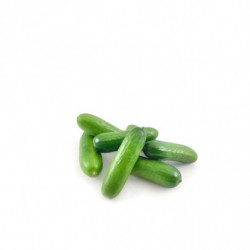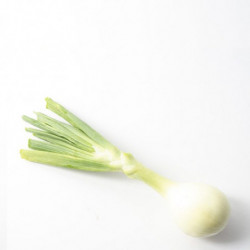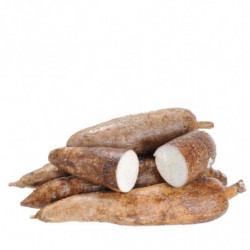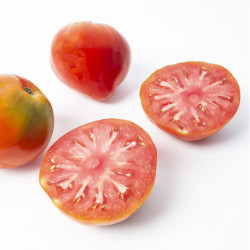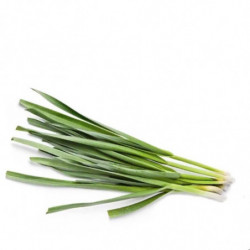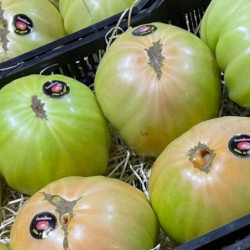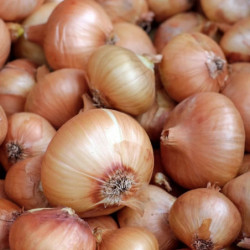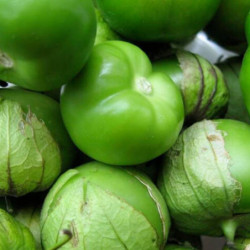
Refreshing Delight: Baby Cucumbers
Baby cucumbers are an irresistible choice for enjoying a refreshing bite. With their small size and cylindrical shape, baby cucumbers are crunchy, juicy, and full of flavor. These mini cucumbers are perfect for snacking between meals, adding to salads, or preparing healthy snacks. Their smooth, bitterness-free skin makes them even more appealing. Additionally, baby cucumbers are low in calories and an excellent source of hydration. Add baby cucumbers to your shopping list and discover the freshness and delight that these little green treasures bring you. You'll love them for their convenient size and refreshing flavor!







